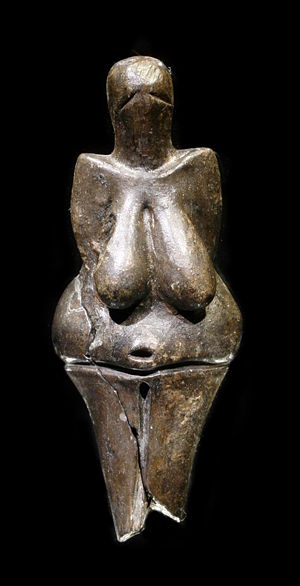Kyrios
Ističe se
- Poruka
- 2.552
plinije stariji
http://www.perseus.tufts.edu/hopper/text?doc=Perseus%3Atext%3A1999.02.0137%3Abook%3D4%3Achapter%3D28
među Germanima su navedeni Basternae ali ne i Sciri i njima srodni Hirri (verovatno kasniji Heruli)...
Ево ти шта каже Страбон:
STRABO - GEOGRAPHY, Book VII, Chapter 2
Of the Germans, as I have said, those towards the north extend along the ocean; and beginning at the outlets of the Rhenus, they are known as far as the Albis; and of these the best known are the Sugambri and the Cimbri; but those parts of the country beyond the Albis that are near the ocean are wholly unknown to us. For of the men of earlier times I know of no one who has made this voyage along the coast to the eastern parts that extend as far as the mouth of the Caspian Sea; and the Romans have not yet advanced into the parts that are beyond the Albis; and likewise no one has made the journey by land either. However, it is clear from the "climata" and the parallel distances that if one travels longitudinally towards the east, one encounters the regions that are about the Borysthenes and that are to the north of the Pontus; but what is beyond Germany and what beyond the countries which are next after Germany — whether one should say the Bastarnae, as most writers suspect, or say that others lie in between, either the Iazyges, or the Roxolani, or certain other of the wagon-dwellers — it is not easy to say; nor yet whether they extend as far as the ocean along its entire length, or whether any part is uninhabitable by reason of the cold or other cause, or whether even a different race of people, succeeding the Germans, is situated between the sea and the eastern Germans. And this same ignorance prevails also in regard to the rest of the peoples that come next in order on the north; for I know neither the Bastarnae, nor the Sauromatae, nor, in a word, any of the peoples who dwell above the Pontus, nor how far distant they are from the Atlantic Sea, nor whether their countries border upon it.
Then comes the Borysthenes River, which is navigable for a distance of six hundred stadia; and, near it, another river, the Hypanis, and off the mouth of the Borysthenes, an island with a harbour. On sailing up the Borysthenes two hundred stadia one comes to a city of the same name as the river, but the same city is also called Olbia; it is a great trading centre and was founded by Milesians. Now the whole country that lies above the said seaboard between the Borysthenes and the Ister consists, first, of the Desert of the Getae; then the country of the Tyregetans; and after it the country of the Iazygian Sarmatians and that of the people called the Basileians and that of the Urgi, who in general are nomads, though a few are interested also in farming; these people, it is said, dwell also along the Ister, often on both sides. In the interior dwell, first, those Bastarnians whose country borders on that of the Tyregetans and Germans — they also being, one might say, of Germanic stock; and they are divided up into several tribes, for a part of them are called Atmoni and Sidoni, while those who took possession of Peuce, the island in the Ister, are called "Peucini," whereas the "Roxolani" (the most northerly of them all) roam the plains between the Tanaïs and the Borysthenes. In fact, the whole country towards the north from Germany as far as the Caspian Sea is, so far as we know it, a plain, but whether any people dwell beyond the Roxolani we do not know. Now the Roxolani, under the leadership of Tasius, carried on war even with the generals of Mithridates Eupator; they came for the purpose of assisting Palacus, the son of Scilurus, as his allies, and they had the reputation of being warlike; yet all barbarian races and light-armed peoples are weak when matched against a well-ordered and well-armed phalanx. At any rate, those people, about fifty thousand strong, could not hold out against the six thousand men arrayed with Diophantus, the general of Mithridates, and most of them were destroyed. They use helmets and corselets made of raw ox-hides, carry wicker shields, and have for weapons spears, bow, and sword; and most of the other barbarians are armed in this way. As for the Nomads, their tents, made of felt, are fastened on the wagons in which they spend their lives; and round about the tents are the herds which afford the milk, cheese, and meat on which they live; and they follow the grazing herds, from time to time moving to other places that have grass, living only in the marsh-meadows about Lake Maeotis in winter, but also in the plains in summer.


 ), Na karti stoji da je u Turskoj i Albaniji macka= cat
), Na karti stoji da je u Turskoj i Albaniji macka= cat 






